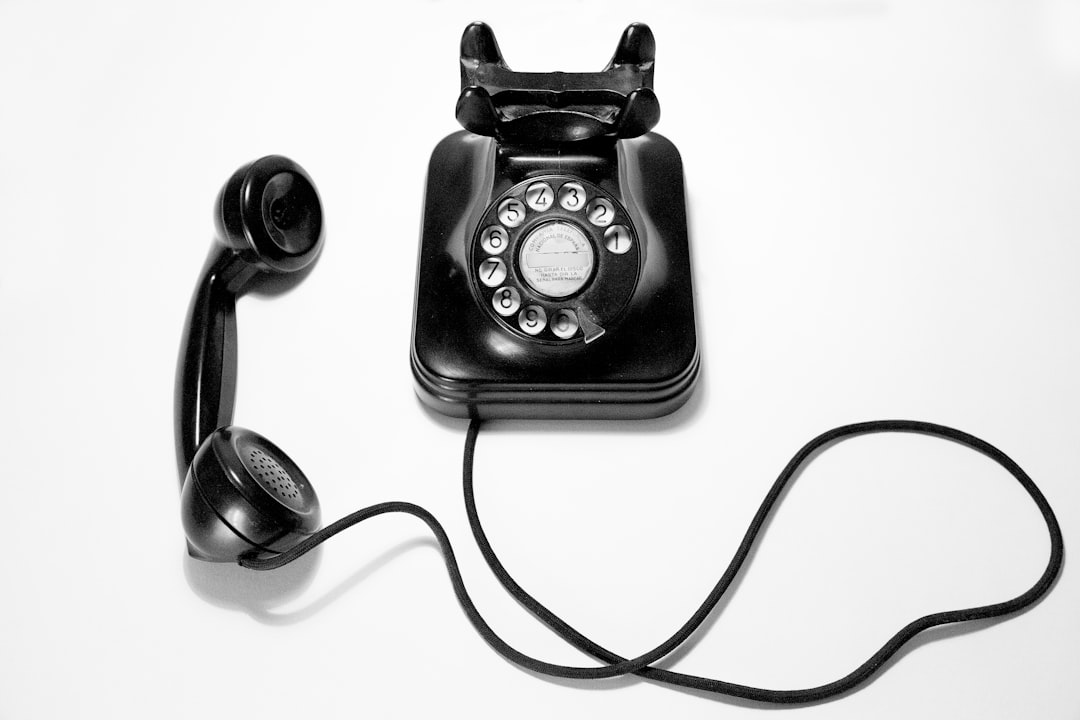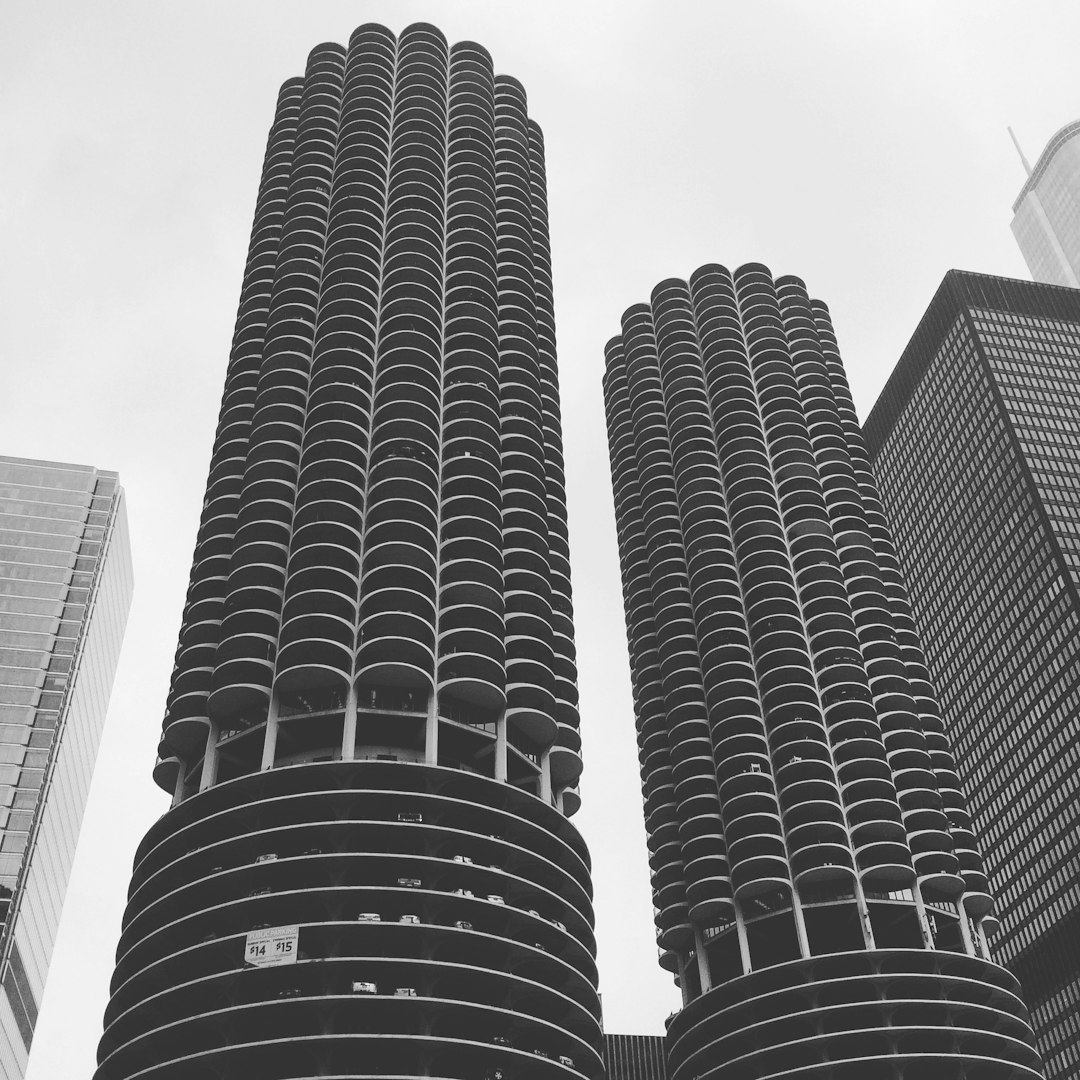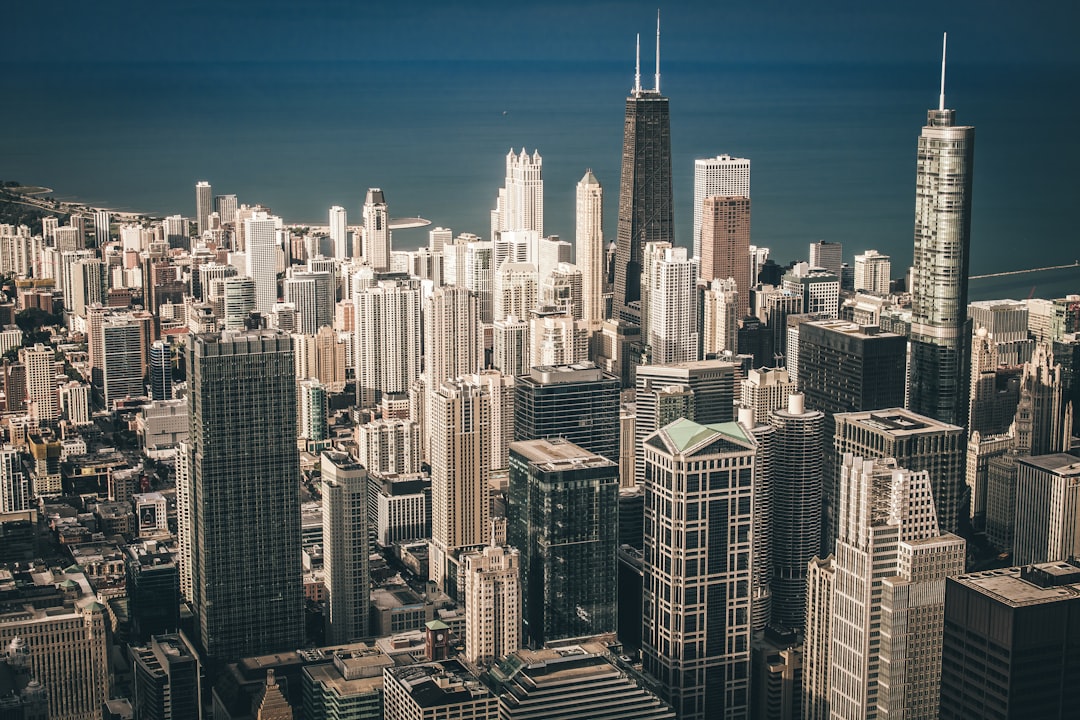Chicago residents are protected from robocalls by the TCPA and state laws. To comply, neighborhood watch groups must obtain explicit consent, follow opt-out rules, and consult legal experts (robocall law firm Chicago) when implementing alert systems with text-to-speech, customizable alerts, and automated scheduling. Regularly update filters for maximum spam call blocking, enhancing community safety.
Staying informed is crucial for any active neighborhood watch. With the rise of robocalls, setting up a robust alert system is essential for your safety and peace of mind. This guide will navigate you through the process, focusing on Chicago’s robocall laws and regulations, helping you choose the ideal alert system, and implementing effective filters to protect your community from unwanted calls. Learn how to empower your neighborhood watch with the right tools, ensuring a quieter, safer environment for all.
Understanding Robocall Laws and Regulations in Chicago

In Chicago, as in many places, robocalls are regulated to protect residents from unwanted and potentially fraudulent communications. The Telephone Consumer Protection Act (TCPA) and state-specific laws like those in Illinois govern how businesses and organizations can use automated dialing systems to contact consumers. These laws include restrictions on when and how robocallers can operate, with specific opt-out requirements for residential telephone numbers. Understanding these regulations is crucial before setting up a Robocall Alert System for your neighborhood watch.
Chicago’s robocall law firm guidelines emphasize the importance of obtaining explicit consent from residents before making automated calls. This means that your community watch group must have clear processes in place to ensure every household has opted into receiving such alerts. Failing to comply with these laws can result in significant fines, so it’s essential to consult with legal experts and follow best practices when designing and implementing a robocall alert system for your Chicago neighborhood.
Choosing the Right Alert System for Your Neighborhood

When setting up a Robocall alert system for your Chicago neighborhood watch, selecting the right technology is key. Consider factors like coverage area and compatibility with existing communication tools. A reliable option is integrating a text-to-speech notification service that can be triggered by a robocall law firm Chicago or other emergency contacts. These services ensure clear, immediate alerts reach all members, regardless of their phone usage at the time.
Choosing a system designed for community engagement and public safety is crucial. Look for features like customizable alert types (e.g., crime alerts, emergency meetings), automated scheduling, and easy opt-in/opt-out options. Ensure it complies with local privacy laws and regulations to avoid any legal complications associated with robocall services, particularly in Illinois where strict rules govern such communications.
Implementing and Maintaining an Effective Robocall Filter for Safety

Implementing a robust robocall filter is an essential step in enhancing neighborhood safety. With the rise of automated phone calls, often known as robocalls, Chicago residents are increasingly experiencing unwanted and potentially fraudulent calls. A well-set up filter can significantly reduce these interruptions, ensuring that your community’s communication channels remain clear for emergency situations.
To achieve this, consider enlisting the help of a reputable robocall law firm in Chicago. These experts can guide you in choosing the right technology to block spam calls effectively. Regular maintenance is key; updating call-blocking software and keeping databases current will ensure the system remains efficient. By taking these proactive measures, your neighborhood watch program can better serve and protect its members from nuisance calls, allowing for a safer and more connected community.






